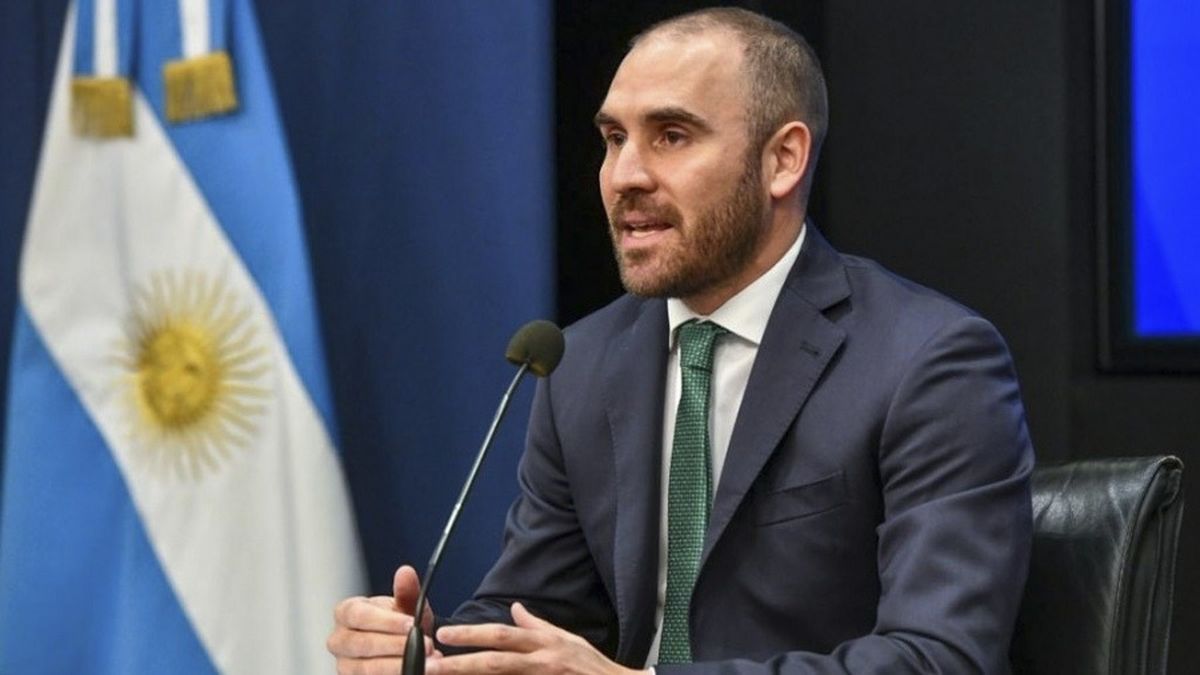According to what is reported in the calendar on the official website of the G20, on Monday the 14th there will be a meeting of the B20 which is a platform for dialogue between politics, business and civil society. Then, between Tuesday 15 and Friday 18, the meetings of holders of Finance portfolios and central banks will take place, where Argentina will be represented by the Ministry of Economy. So far, the presence of authorities from the International Monetary Fund has not been confirmed, although they usually participate in this type of summit.
The meeting to be held in Jakarta, the capital of Indonesia, appears as a relevant scenario since the G20 is made up of countries with voting power on the International Monetary Fund’s board of directors. Among them, several of those that show more fiscal positions and are reluctant to programs without structural reforms, such as the United States, Japan and Germany, among others.
In the last meeting of the bloc, the Government managed to include in the agreed document a request to the IMF to review its surcharge policy, a cause that the Alberto Fernández administration has been promoting to alleviate the debt of the most committed countries. In the case of Argentina, it could mean savings close to US$1 billion annually.
After announcing a beginning of understanding with the IMF, Guzmán joined the first part of the presidential tour. When the president left for China, the head of the Treasury Palace stayed in Russia for three more days. As Ámbito anticipated, the official participated in a series of meetings with members of Vladimir Putin’s government to seal that country’s support for the negotiation with the credit institution.
But the minister also took the opportunity to add wills to the Resilience Fund that Argentina has been requesting in the international concert, and that would be activated this year. The intention is that a group of countries with more robust economies give up part of the Special Drawing Rights that they received last year to face the consequences of the pandemic.
These resources will go to a Resilience Fund that will serve to financially support low-income countries, but also those with medium income, as confirmed by the IMF itself weeks ago. So it is discounted that the Government will take advantage of the G20 platform to promote this global policy. “If more countries are integrated, SDRs are added, beyond the distribution formula used, there will be more to divide”, they synthesize in the Executive.
Before announcing the principle of agreement, Martín Guzmán said in an interview with the Spanish newspaper El País that one of the obstacles to advancing in the negotiation was the lack of “international consensus”. In this line, in the Government they still point out that geopolitical dialogue is central to resolving the refinancing of the debt in the best possible terms.
Source: Ambito
David William is a talented author who has made a name for himself in the world of writing. He is a professional author who writes on a wide range of topics, from general interest to opinion news. David is currently working as a writer at 24 hours worlds where he brings his unique perspective and in-depth research to his articles, making them both informative and engaging.




